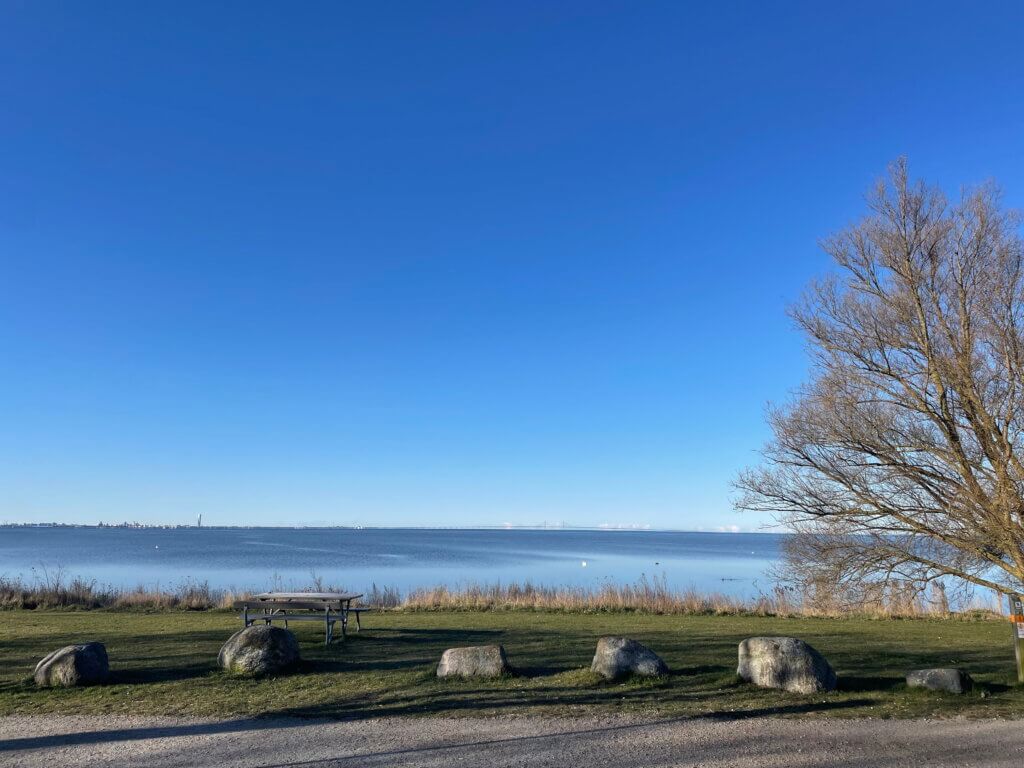
Currently reading Orr (1991) on “what is education for?”
In response to my post summarising Biesta’s purpose of education, my friend Terese sent me a speech David Orr gave in 1990 with a very similar vibe. Even though the details of the situation have changed since 1990 (and very much not for the better), the overall message is still as relevant now as it was then.
From an overall description of what is wrong with the world and trying to explain how it could get to that point, he suggests six myths of education:
- Ignorance is a solvable problem. But it is not: With more things we discover come more implications we have not considered.
- With enough knowledge and technology we can manage planet Earth. This is one that I hear so much — technology will save us! And that’s why I am reading about technocriticism and how to talk about it. I fully agree: “It makes far better sense to reshape ourselves to fit a finite planet than to attempt to reshape the planet to fit our infinite wants.“
- Knowledge is increasing and by implication human goodness. Knowledge is increasing, but knowledge is also getting lost at the same time (old crafts or knowledge about species, just to name a few). Also, knowing better doesn’t mean doing better — for example knowing about climate change doesn’t mean believing in it, since it is entangled with identity questions and belonging to groups.
- We can adequately restore that which we have dismantled. Both in terms of educational systems as well as the planet itself: “As a result of incomplete education, we’ve fooled ourselves into thinking that we are much richer than we are“
- The purpose of education is that of giving you the means for upward mobility and success. I can’t remember in which context I wrote about this, but it’s important to recognise that systems are really not designed to let everybody become successful and upper-class — in fact, there are a lot of gatekeeping mechanisms in place (like hidden curricula and the importance of connections for promotions) and in fact historically, when for example certain jobs had a critical number of women coming in, like teaching, they suddenly lost prestige and the salaries went down. So it is really a misconception that people can work their way up at a large scale, without the system reacting in some way to keep them in their place.
- Our culture represents the pinnacle of human achievement. Yeah, that is a very arrogant view of the world…
Instead, Orr suggests six principles on what education mus be for, to replace the myths:
- All education is environmental education! Or, 35 years later, when it is clear that the problem is much more than just environmental: all education is education for sustainability. As Anne-Kathrin Peters said the other day: If you are not teaching for sustainability, what are you doing then? Teaching against sustainability?
- The goal of education is not mastery of subject matter, but of one’s person. Or Bildung, or subjectification.
- Knowledge carries with it the responsibility to see that it is well used in the world. The examples of where we have created monsters that we cannot control because ultimately it is unclear whose responsibility it is are Chernobyl and the ozone hole (the latter now managed!) are the ones of that time, but we have plenty of new ones now, like social media, GenAI, etc.. Even if they were developed with the best intentions, whose responsibility is it now to make sure that they do not continue to create more harm?
- We cannot say that we know something until we understand the effects of this knowledge on real people and their communities. I wish more people understood this, and saw it as their responsibility to teach about applications of knowledge, too, not just the theory!
- The importance of “minute particulars” and the power of examples over words. It doesn’t matter how much we (or our study program, or the university as a whole) talk about taking responsibility if what students see is that we don’t live it ourselves. Or, following on what I wrote on principle 4 — if it isn’t important enough to discuss real world impacts of what we teach, why would we expect students to think about them by themselves?
- The way learning occurs is as important as the content of particular courses. Or in the words of my favourite book: The process is the point. And relating it to what Biesta says about 3-D chess and the purpose of education: By how we teach, we contribute to socialisation and subjectification of students. If everything is indoors and theoretical, the subject is presented as disconnected from the world and you are not expected to relate it to real life, to engage with it fully.
Orr ends with a call for universities to think about the purpose of education, about how they manage physical products, energy, money in a way that models sustainability, and to make sure that all students leave with an understanding of what it would mean for the world to be sustainable. Because if not that, what is education for?
And with that, on to a little bit of wave watching: Frosty morning on the way to yesterday’s dip!

I love how the water is completely flat in the lee of the land, and only quite a distance away small wind ripples start forming.

Swimming towards the sun!

Love the light under water!

Best place to be.

But it’s also so beautiful to see the sun in the water and on the water, and the blue sky reflected in the surface…
